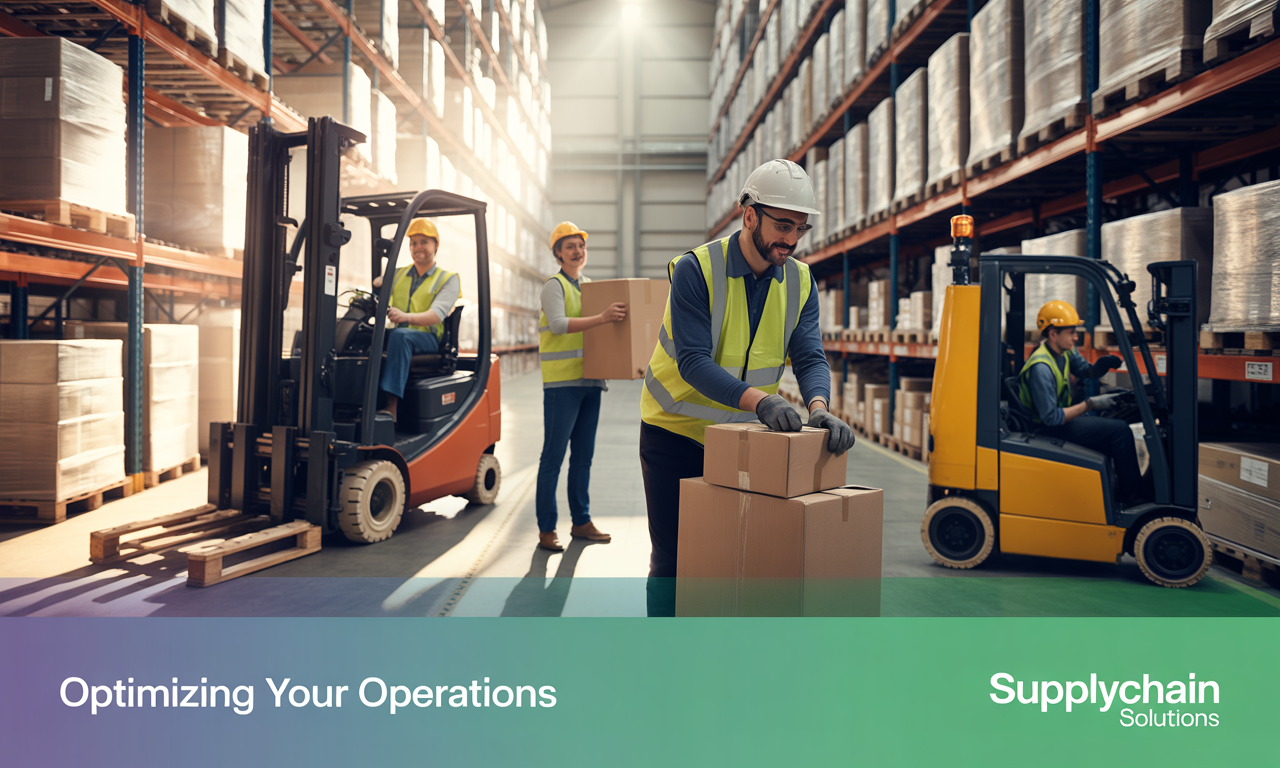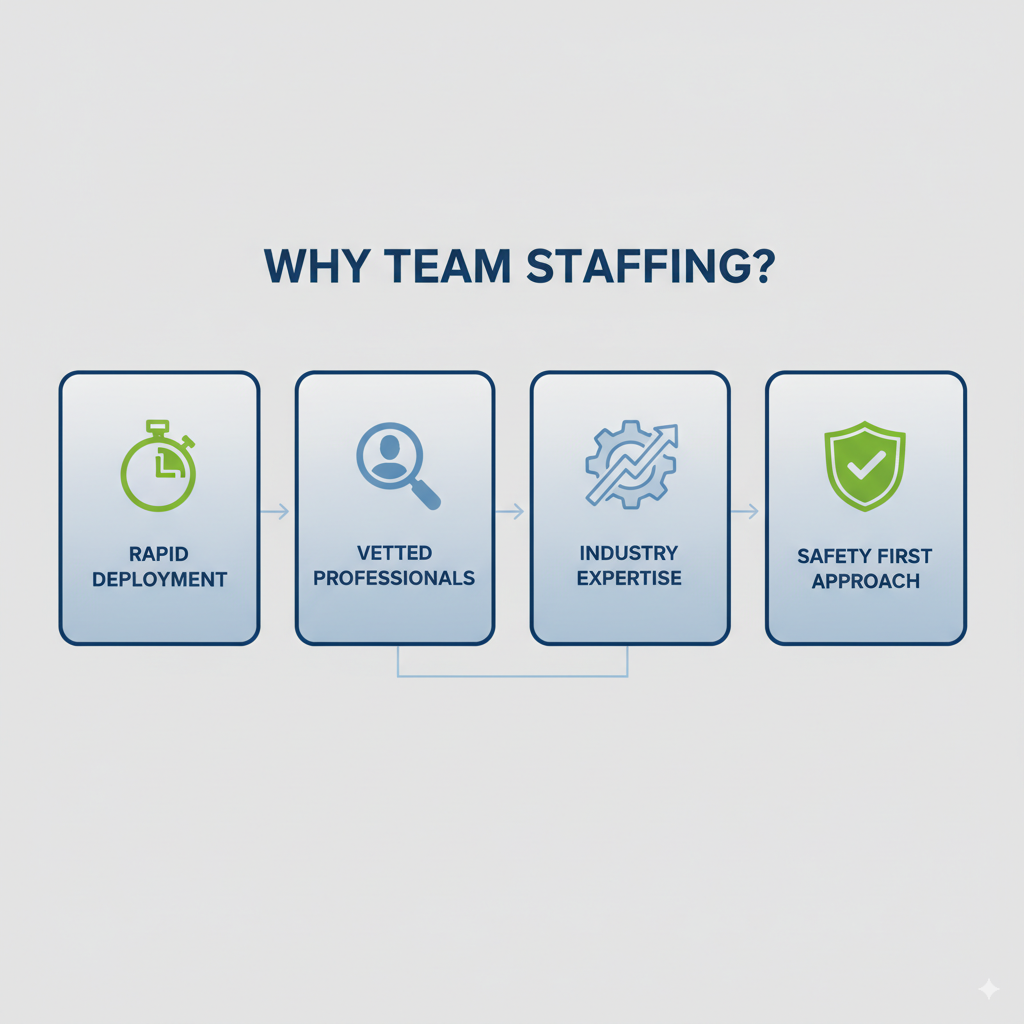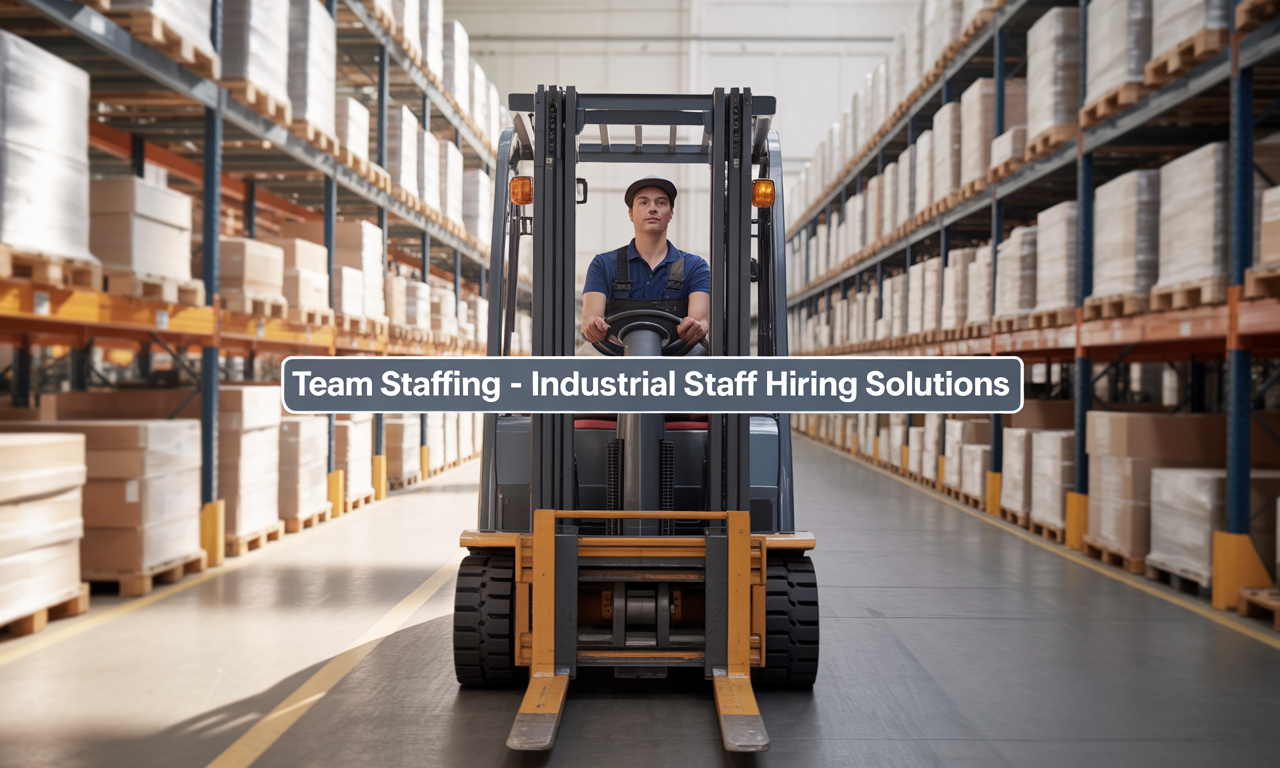Industrial Staffing & Recruitment Solutions for Temporary, Skilled, and Light Industrial Workers in the UK

24-Hour Placement Guarantee • Pre-Screened Safety-Certified Professionals • Addressing UK's Skilled Labor Shortage
Industrial Staffing Definition: Industrial staffing is a specialized workforce solution that connects businesses with skilled temporary workers for manufacturing, construction, warehouse, and trades positions through rapid placement services and comprehensive screening processes.
| 50,000+ Successful Placements | 500+ Industries Served | 24/7 Emergency Support | ISO Certified Quality Assured |
Our Comprehensive Labor Supply Services
On-Demand Staffing SolutionsSame-day placement capabilities with emergency workforce coverage and flexible staffing models. Our real-time availability tracking system ensures immediate hire workers are ready when you need them most.
| Manufacturing Workforce ExcellenceSpecialized recruitment for manufacturing environments with skilled assembly line workers, machine operators, quality control inspectors, and production supervisors ready for immediate deployment.
| Construction Crew HiringComprehensive construction staffing with general laborers, heavy equipment operators, concrete workers, and site supervisors. All workers are safety-certified and project-ready.
|
Temporary Workforce Solutions: Temporary workforce solutions provide businesses with skilled workers on short-term contracts, offering flexibility to manage seasonal peaks, project demands, and staff shortages without long-term employment commitments.
Available Temporary Jobs - Current Opportunities
| Job Title | Description | Hourly Rate (£) | Location | Apply |
|---|---|---|---|---|
| Warehouse Operative | Pick, pack, and dispatch operations in modern distribution center | £11.50 - £13.00 | London, Enfield | Apply Now |
| Forklift Driver | Counterbalance and reach truck operation in busy warehouse | £13.50 - £15.50 | Doncaster | Apply Now |
| Production Operative | Assembly line work in food production facility | £12.00 - £14.00 | Coventry | Apply Now |
| Industrial Cleaner | Deep cleaning in manufacturing and industrial facilities | £10.50 - £12.50 | Scottish Islands | Apply Now |
| Industrial Electrician | Electrical maintenance and installation in industrial settings | £18.00 - £25.00 | Nationwide | Apply Now |
| Recycling Operative | Sorting and processing recyclable materials | £11.00 - £13.50 | Birmingham | Apply Now |
Why Choose Our Contract Labor Services

| 98% Client Satisfaction Rate | 24hrs Guaranteed Placement | 15+ Years Experience | 500+ Active Clients |
Addressing Today's Workforce Challenges
Skilled Labor Shortage SolutionsThe UK faces a critical shortage of skilled industrial workers. Our extensive talent pools, apprenticeship partnerships, and cross-training initiatives provide immediate access to qualified professionals when permanent hiring fails.
| Flexible Workforce ManagementScalable staffing solutions that adapt to your business cycles, seasonal demands, and project requirements. Our flexible staffing models ensure you have the right workers at the right time.
| Cost-Effective SolutionsReduce recruitment costs by up to 60% with our temporary labor solutions. Eliminate overhead expenses, training investments, and employment obligations while maintaining operational efficiency.
|
Blue-Collar Recruitment: Blue-collar recruitment specializes in sourcing skilled manual workers for industrial, manufacturing, construction, and trades positions, focusing on practical skills, safety certifications, and hands-on experience rather than academic qualifications.
Our Rapid Response System - How It Works
| 1 Initial Contact (Within 1 Hour)Complete needs assessment including job requirements review, skill specifications, timeline establishment, and budget parameters discussion. | 2 Candidate Sourcing (2-4 Hours)Comprehensive database search, network activation, precise skill matching, and candidate availability confirmation for immediate deployment. | 3 Screening & Verification (4-8 Hours)Thorough reference checks, certification validation, safety record review, and skills testing to ensure candidate suitability. | 4 Placement & Support (Within 24 Hours)Worker deployment, comprehensive onsite orientation, performance monitoring, and ongoing support throughout the assignment. |
On-Demand Staffing: On-demand staffing provides immediate access to qualified workers through technology-enabled platforms, allowing businesses to scale their workforce up or down based on real-time operational needs and market demands.
Comprehensive Service Offerings
| Service Type | Duration | Best For | Key Benefits |
|---|---|---|---|
| Traditional Temporary Staffing | 1 day - 6 months | Seasonal peaks, short projects | Immediate deployment, no long-term commitment |
| Contract-to-Hire | 3-6 month trials | Evaluation periods, uncertain needs | Risk-free evaluation, seamless conversion |
| Payrolling Services | Ongoing | Known workers, compliance needs | Reduced admin burden, compliance assurance |
| Managed Service Programs | Long-term partnerships | Large-scale operations | Strategic workforce planning, cost optimization |
Specialized Industrial Roles
Skilled Trades Placement
| Warehouse Personnel
| Factory Floor Staff
|
Industries We Serve
Manufacturing & Production
| Construction & Infrastructure
| Logistics & Distribution
|
Workforce Management: Workforce management encompasses strategic planning, deployment, and optimization of human resources to achieve operational efficiency, including staff scheduling, performance monitoring, and resource allocation across industrial operations.

Key Industrial Staffing Insights
🔧 Rapid Deployment TechnologyOur AI-powered matching system connects employers with qualified industrial workers in under 4 hours, utilizing real-time availability tracking and skill verification databases for instant workforce solutions. | 📊 Performance Analytics DashboardMonitor worker productivity, attendance rates, and project completion metrics through our digital platform, providing real-time insights for optimized workforce management and cost control. |
🛡️ Safety Compliance Guarantee100% of our industrial workers undergo OSHA safety training, background checks, and skills certification, ensuring workplace compliance and reducing liability risks for client operations. | 💰 Cost Optimization CalculatorCompare permanent hiring costs versus temporary staffing solutions, with average savings of 40-60% on recruitment expenses, benefits, and training investments across industrial sectors. |
📱 Mobile Workforce ManagementGPS-enabled check-in system, digital timesheets, and instant communication tools ensure seamless coordination between temporary workers and site supervisors for maximum efficiency. | 🎯 Specialized Sector ExpertiseIndustry-specific recruitment specialists with deep knowledge of manufacturing, construction, logistics, and skilled trades ensure precise matching of worker skills to operational requirements. |
⚡ Emergency Response Team24/7 emergency staffing service deploys qualified workers within 2 hours for critical operational needs, equipment breakdowns, or unexpected staff shortages across UK industrial sites. | |
Case Studies - Proven Success Stories
Case Study 1: Manufacturing Turnaround - Automotive Assembly Plant
Challenge: Major automotive manufacturer in Birmingham faced 50% workforce shortage during peak production season for new vehicle launch. Production targets at risk with potential £2M daily loss.
Solution: Deployed 200+ skilled assembly workers, quality inspectors, and supervisors within 48 hours. Provided specialized training for new vehicle components and implemented quality assurance protocols.
Result: Met 100% of production deadlines, achieved 98.5% quality rate, prevented revenue loss, and client extended contract for additional 6 months. Workers transitioned to permanent roles with 85% retention rate.
Case Study 2: Construction Project Rescue - London Infrastructure Development
Challenge: £50M infrastructure project threatened by skilled trades shortage - missing 30 electricians, welders, and heavy equipment operators with 8-week completion deadline.
Solution: Assembled specialized crew of 30 certified trade workers including City & Guilds electricians, coded welders, and CPCS operators. Coordinated with project management for seamless integration.
Result: Project completed 1 week ahead of schedule, 5% under budget due to efficiency gains. Client saved £2.5M in penalty costs and awarded additional contracts worth £20M.
Client Testimonials
"Team Staffing transformed our operations during our busiest period. Their industrial workers were professional, skilled, and ready to work from day one. The 24-hour placement guarantee isn't just marketing - they delivered exactly when we needed them most."
- Hannah Oliver, Operations Director, Manchester Manufacturing Ltd
"We've used several staffing agencies, but Team Staffing's understanding of construction requirements is unmatched. Their safety-certified workers helped us complete a critical infrastructure project ahead of schedule. Outstanding service and support."
- George S Luke, Site Manager, London Construction Group
"The quality of warehouse staff provided by Team Staffing exceeded expectations. Their pre-screening process ensures we get reliable, experienced workers who understand our operational requirements. Highly recommended for logistics operations."
- Tina Rodriguez, Warehouse Manager, Midlands Distribution Center
"Team Staffing's skilled trades placement saved our maintenance shutdown. Finding certified electricians and welders at short notice seemed impossible until we contacted them. Professional service with excellent follow-up support throughout the project."
- David Ashly, Maintenance Supervisor, Industrial Processing Plant
Interactive Tools & Resources
💰 Staffing Cost Calculator
Calculate Your Potential Savings with Temporary Staffing Compare permanent hiring costs versus our flexible workforce solutions:- Permanent Hiring: £15,000 average recruitment cost + £35,000 annual salary + £8,000 benefits = £58,000 total
- Temporary Staffing: £18/hour x 1,800 hours = £32,400 total
- Annual Savings: £25,600 per position (44% cost reduction)
🗺️ Live Warehouse Jobs Heat Map - UK Coverage
Real-Time Availability Across UK Regions| Region | Available Workers | Average Hourly Rate | Deployment Time |
|---|---|---|---|
| Greater London | 2,500+ workers | £12.75 - £16.00 | Same day |
| Manchester | 1,800+ workers | £12.50 - £14.50 | Same day |
| Birmingham | 2,200+ workers | £12.25 - £14.00 | Same day |
| Leeds/Sheffield | 1,400+ workers | £12.25 - £13.50 | Within 24 hours |
Frequently Asked Questions
What is industrial staffing and how does it work?
Industrial staffing is a specialized recruitment service that connects businesses with skilled temporary workers for manufacturing, construction, warehouse, and trades positions. It works through rapid candidate sourcing, comprehensive screening, and placement within 24 hours to meet urgent workforce needs. Our process includes skills verification, safety certification, and ongoing performance monitoring.
How quickly can you place industrial workers?
We guarantee worker placement within 24 hours for urgent needs. Our rapid response system includes initial contact within 1 hour, candidate sourcing within 2-4 hours, screening within 4-8 hours, and deployment within 24 hours. For emergency situations, we can often deploy workers within 2-4 hours.
What types of industrial workers do you provide?
We provide manufacturing workers (assembly, machine operators, quality control), construction crew (laborers, equipment operators, supervisors), warehouse personnel (forklift operators, pickers, inventory specialists), and skilled trades (electricians, welders, HVAC technicians, plumbers). All workers are pre-screened and industry-experienced.
Are your industrial workers safety certified and pre-screened?
Yes, all our industrial workers undergo rigorous screening including background checks, reference verification, safety certification validation, skills assessment, and drug screening. We ensure OSHA compliance, trade certifications, and industry-specific safety training to guarantee workplace safety and regulatory compliance.
What industries do you serve for temporary staffing?
We serve manufacturing and production, construction and infrastructure, logistics and distribution, heavy industry (oil, gas, mining), automotive assembly, food processing, pharmaceutical production, electronics manufacturing, and specialized trades across the UK.
Do you offer temp-to-hire and permanent placement services?
Yes, we offer flexible staffing models including temporary staffing, temp-to-hire with 90-day evaluation periods, direct permanent placement, contract staffing, and managed service programs. This provides comprehensive workforce solutions tailored to your specific business needs and hiring preferences.
What are the costs for industrial staffing services?
Industrial staffing costs vary based on role complexity, duration, and volume. We offer competitive rates with no long-term contracts required, volume discounts available, transparent pricing structures, and cost-effective solutions that typically reduce hiring costs by 40-60% compared to permanent recruitment.
Getting Started - Immediate Hire Workers Process
| 1 Contact Us TodayMultiple Contact Options:
| 2 Discuss Your NeedsComprehensive Assessment:
| 3 Receive Your SolutionCustomized Proposal:
| 4 Workers On SiteFull Support Service:
|
Labor Supply Services: Labor supply services provide businesses with access to qualified workers across various skill levels and industries, managing recruitment, screening, payroll, and compliance while offering flexible workforce solutions for temporary, contract, and permanent positions.
Ready to Solve Your Workforce Challenges?
Get skilled industrial workers deployed within 24 hours 📞 Phone Support+44 333 188 0008 020 3740 0201 020 7123 9330 Available 24/7 for emergency staffing | 📧 Email Contact[email protected] Response within 1 hour during business hours | 🏢 Office Location344-348 High Rd Ilford IG1 1QP United Kingdom |
🎥 Watch Our Success Story: View Client Testimonial Video
Our ServicesTemporary Recruitment Light Industrial Staffing Warehouse Staffing Industrial Staffing Solutions Temporary Industrial Staffing | Job LocationsLondon Jobs Nottingham Jobs Leyton Warehouse Jobs Greenford Jobs Kettering Opportunities | Specialized ServicesIndustrial Electricians Forklift Drivers Warehouse Workers Construction Staff Production Workers | CompanyHome Contact Us Our Services Post a Job Certifications: REC Member | ISO Certified | GDPR Compliant |
© 2025 Team Staffing - Industrial Staffing & Recruitment Solutions. All rights reserved. Last Updated: September 13, 2025 | Author: Team Staffing Industrial Recruitment Specialists Equal Opportunity Employer | Privacy Policy | Terms of Service